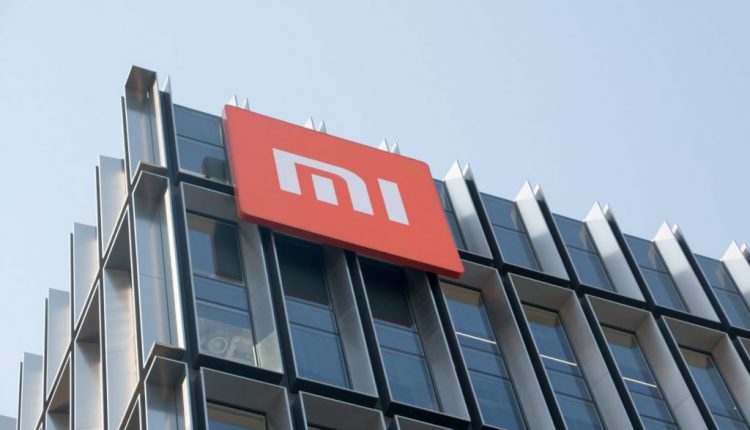Xiaomi to launch in Japan in 2020 amid ongoing global push
Chinese smartphone maker Xiaomi is planning to enter the Japanese market next year as the company expands its global presence to offset sluggish market conditions and fierce competition at home.
Why it matters: Revenue for the Beijing-based company grew 15% year on year in the second quarter to RMB 51.9 billion (around $7.4 billion) aided by an increase in overseas sales, which accounted for more than 40% of the company’s total revenue.
- Xiaomi is the biggest smartphone vendor in India, where it outsold all competitors, including global smartphone leader Samsung, to take a 28% market share in the quarter ended June, according to market data provider Counterpoint.
- It is also the fourth-largest smartphone seller in Europe with shipments in the same quarter growing by nearly half to reach 4.3 million units.
- At home, smartphone leader Huawei has encroached on market share from other players over the past two quarters as it steps up marketing efforts in China to offset falling sales in overseas markets.
- Huawei grabbed 42% of China’s smartphone market in the September quarter after shipments rose by nearly two-thirds. Xiaomi during the same time period saw its shipments sink 33% year on year, leaving it with only 9% share.
Details: Wang Xiang, head of Xiaomi’s international operations, disclosed on Monday Xiaomi’s plans to enter the Japanese smartphone market in the next year, according to Nikkei.
- Xiaomi will initially offer multiple models, along with linked wearable devices, in the market through the company’s own sales channels, including online.
- The company eventually hopes to partner with wireless carriers, the main distributors for phones in Japan, said Wang, without mentioning any specific names.
- The company will set up a Japanese subsidiary soon to prepare for the launch, Wang said, declining to provide details about specific products.
Context: In January, Xiaomu announced that it would set up a business unit to expand on the African continent, appointing its Vice President Wang Lingming (no relation) to head up the new unit.
- In February, Xiaomi signed a partnership agreement with Africa’s leading e-commerce platform, the Nigeria-based online marketplace Jumia, to open a Mi official store, gaining access to millions of customers across 14 countries, including Nigeria, Egypt, Kenya, Ivory Coast, Morocco, and Ghana.
- The African market push stagnated after Vice President Wang was sacked from the company for violating a law banning obscene behavior, including public nudity.


